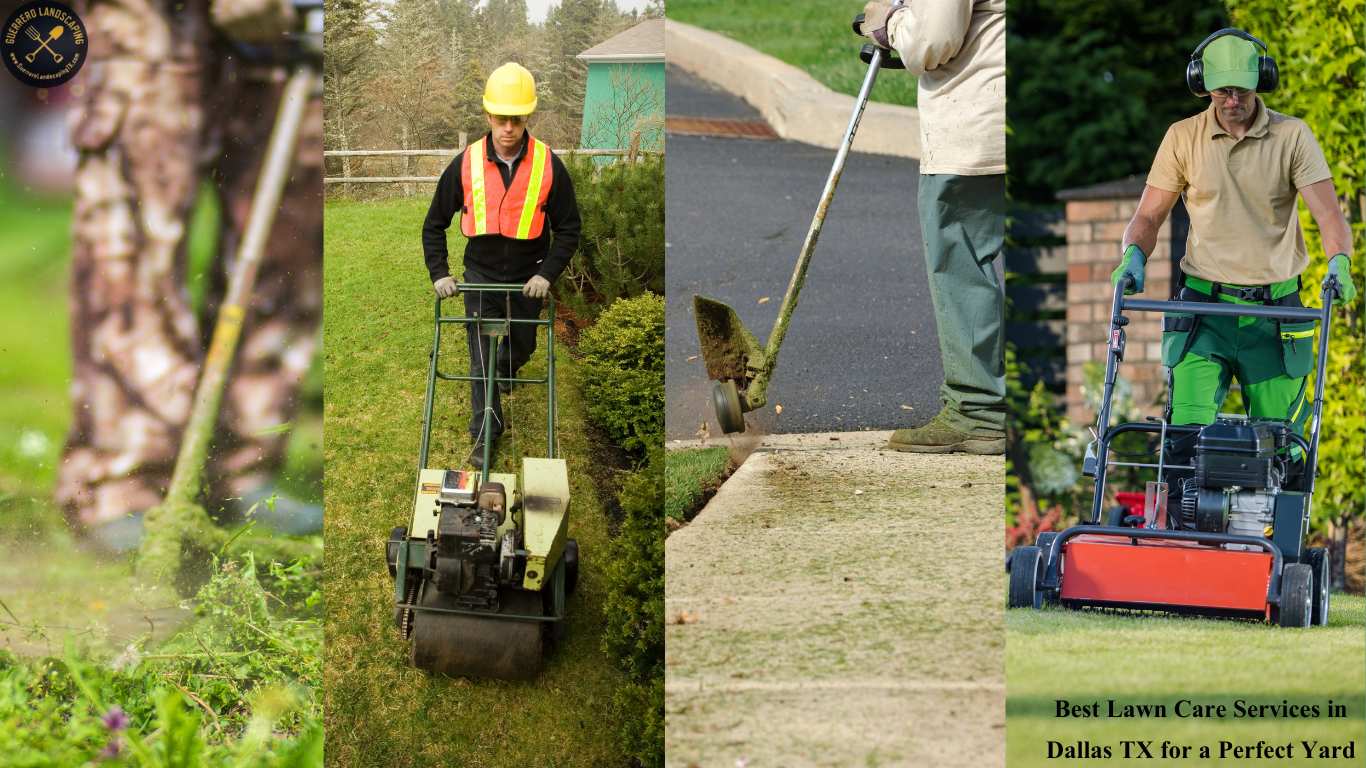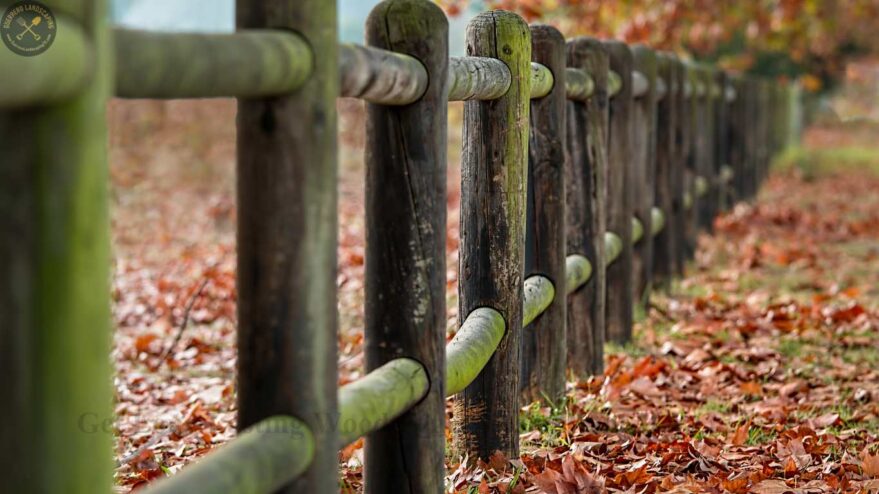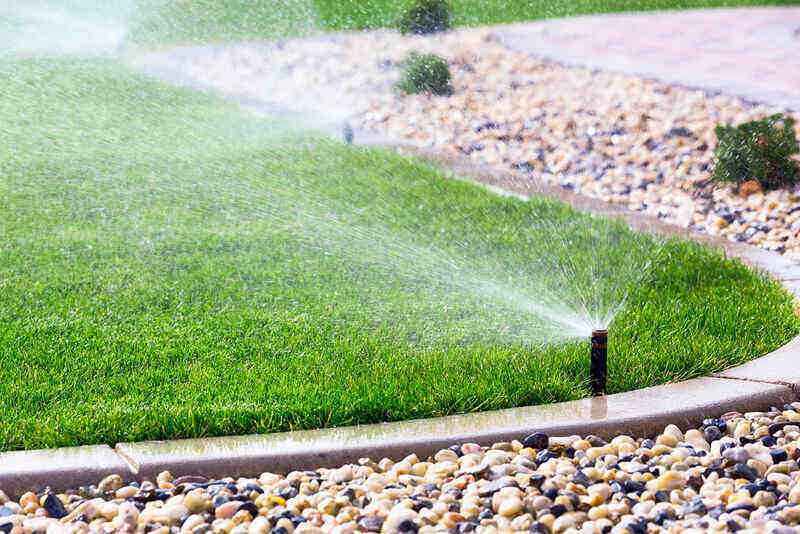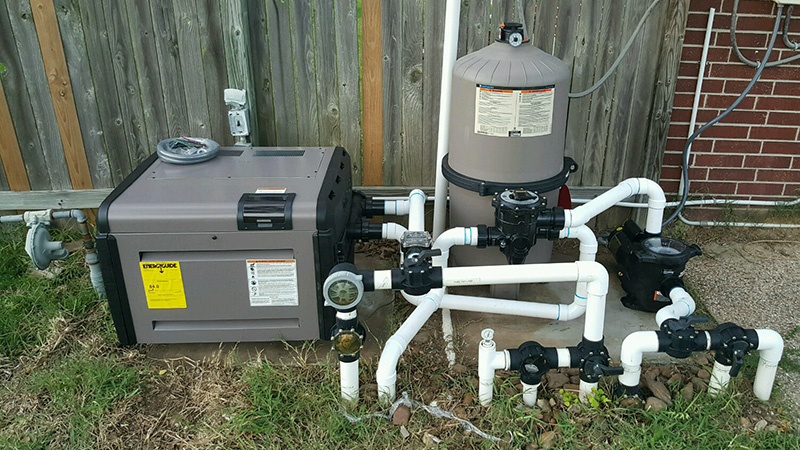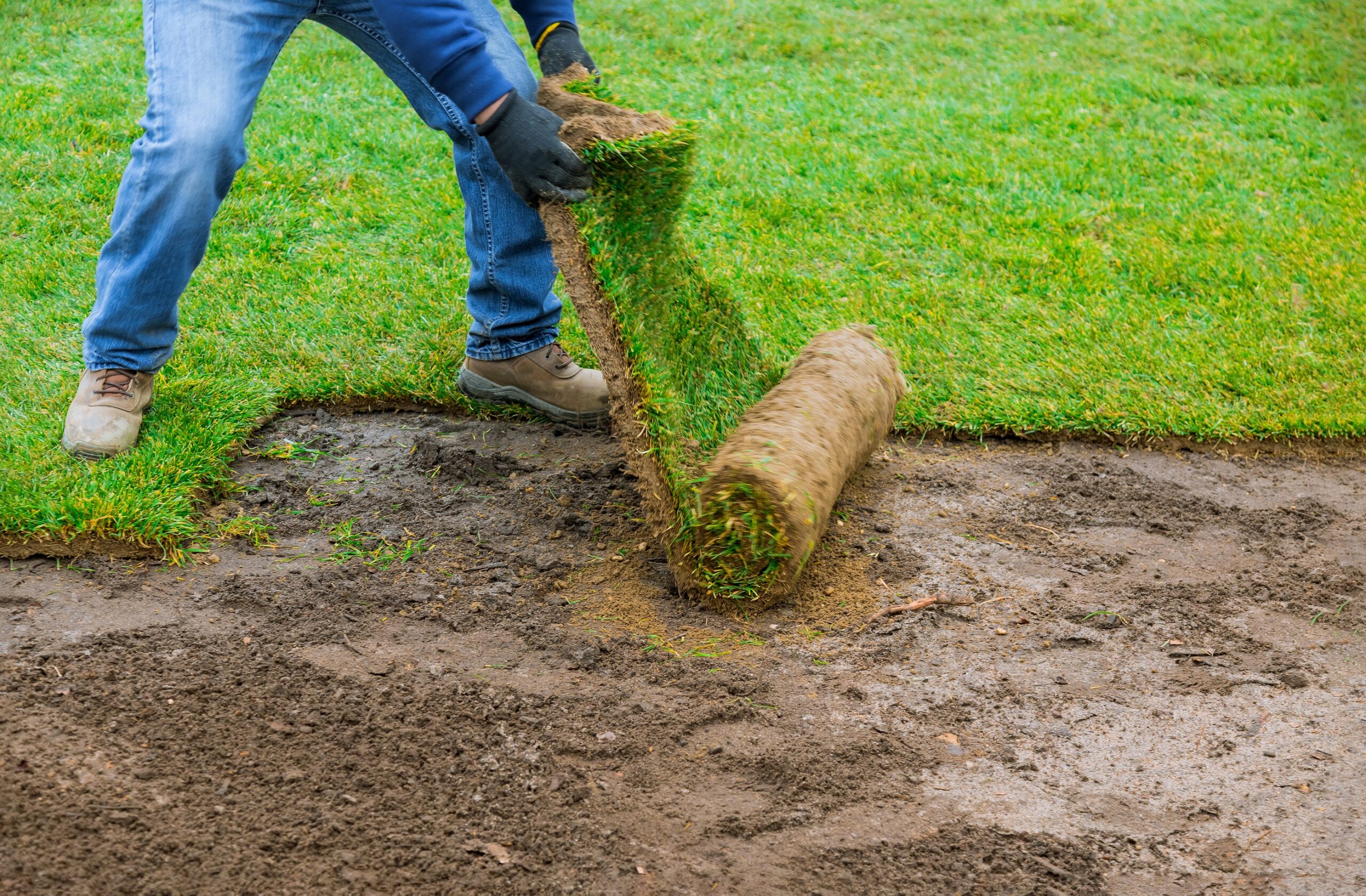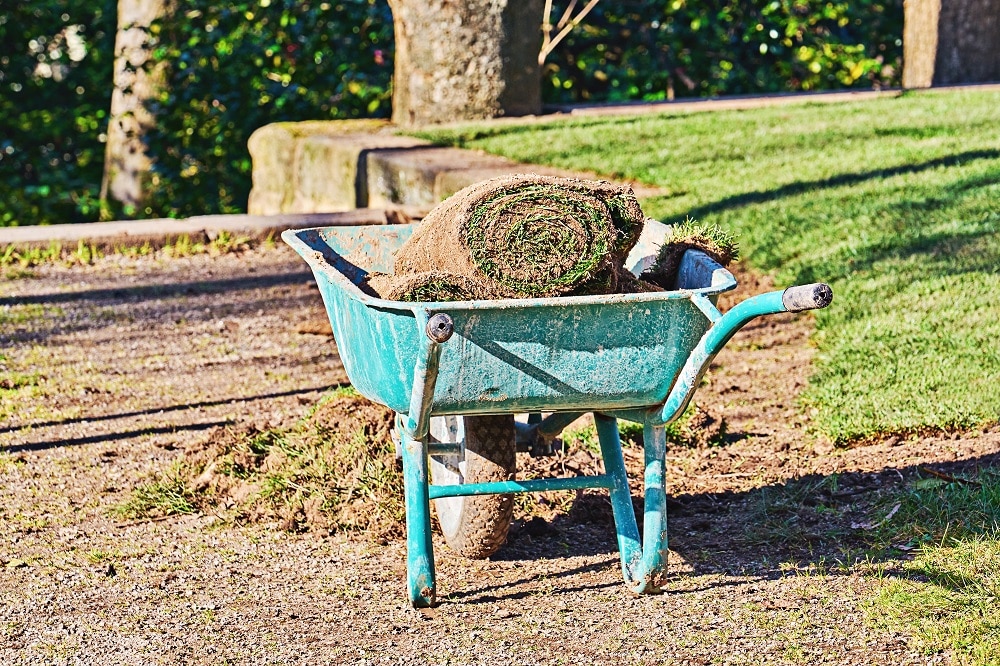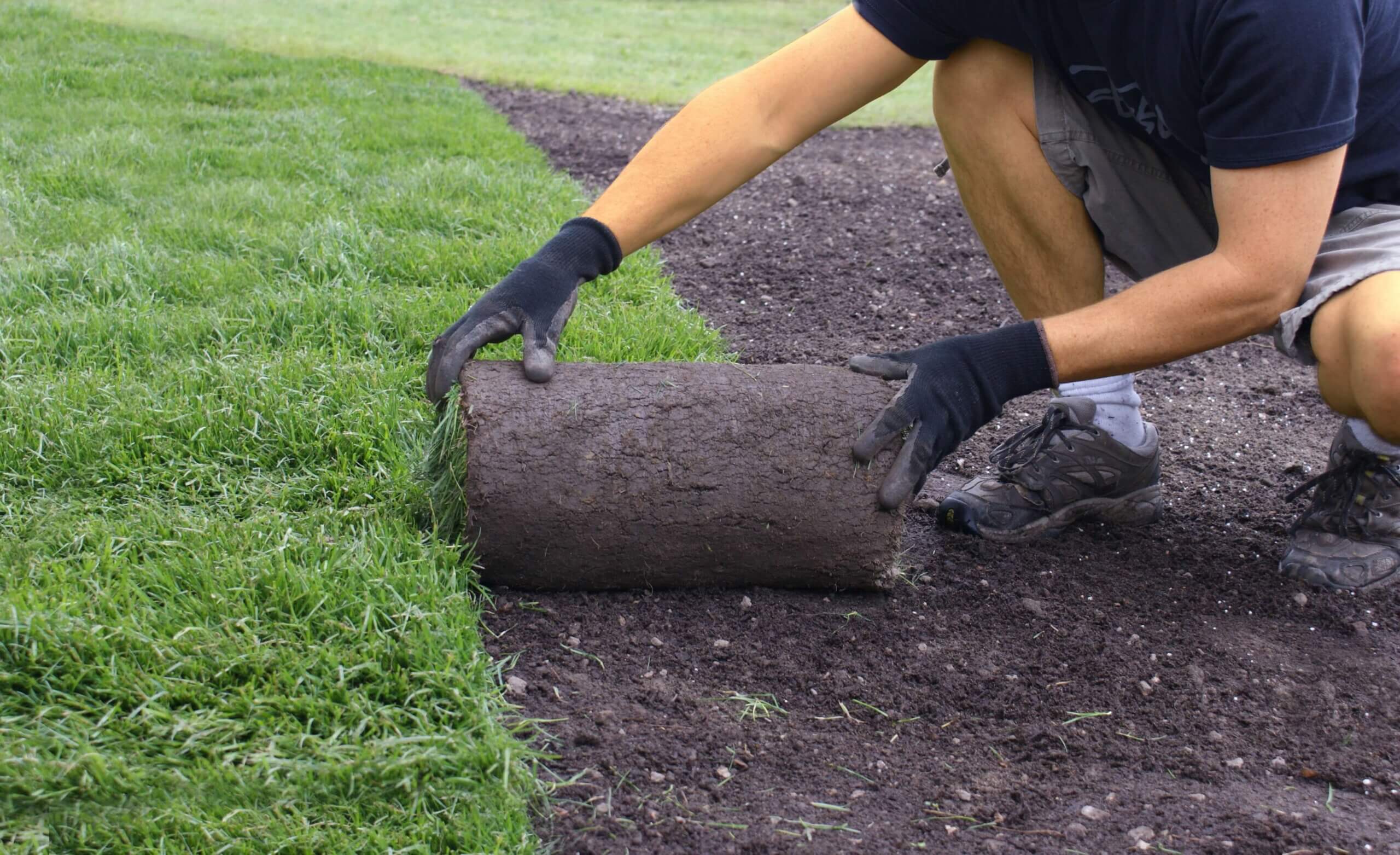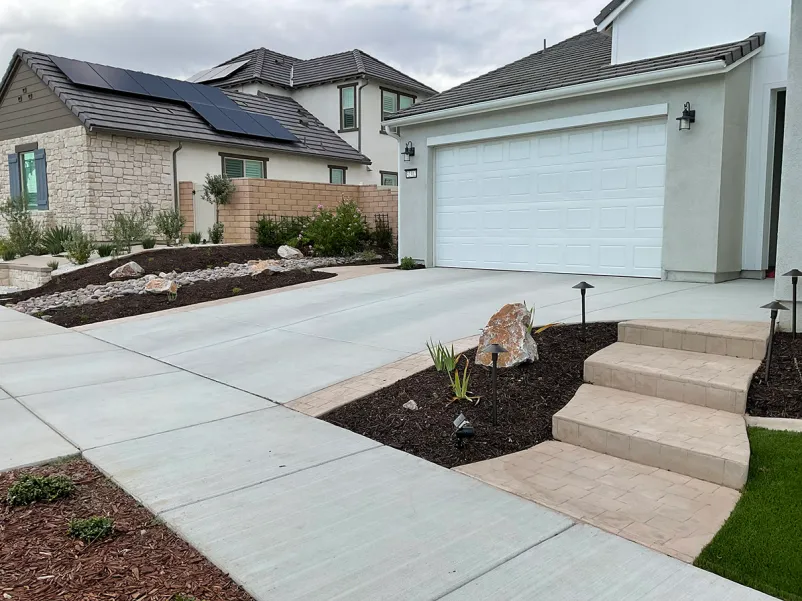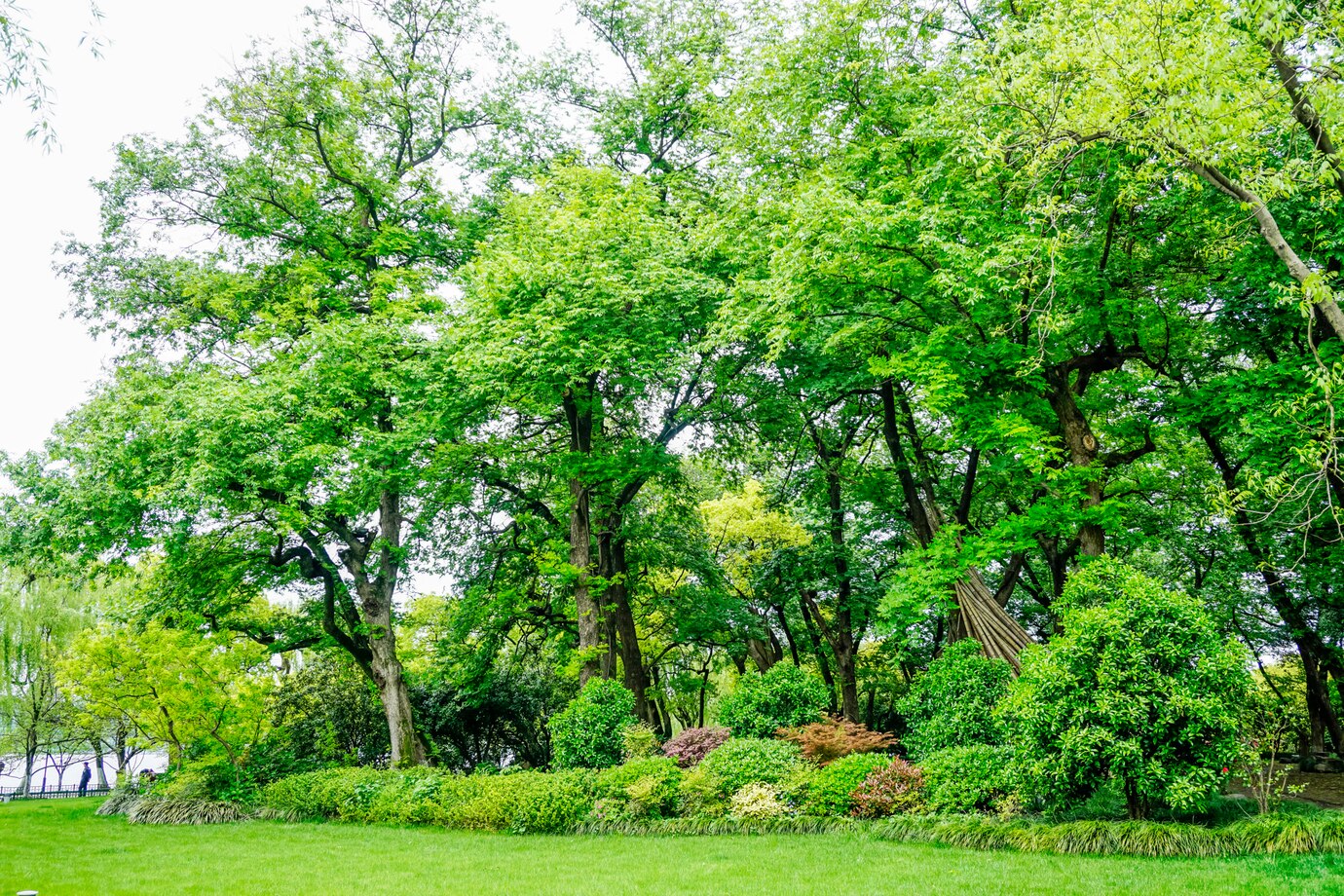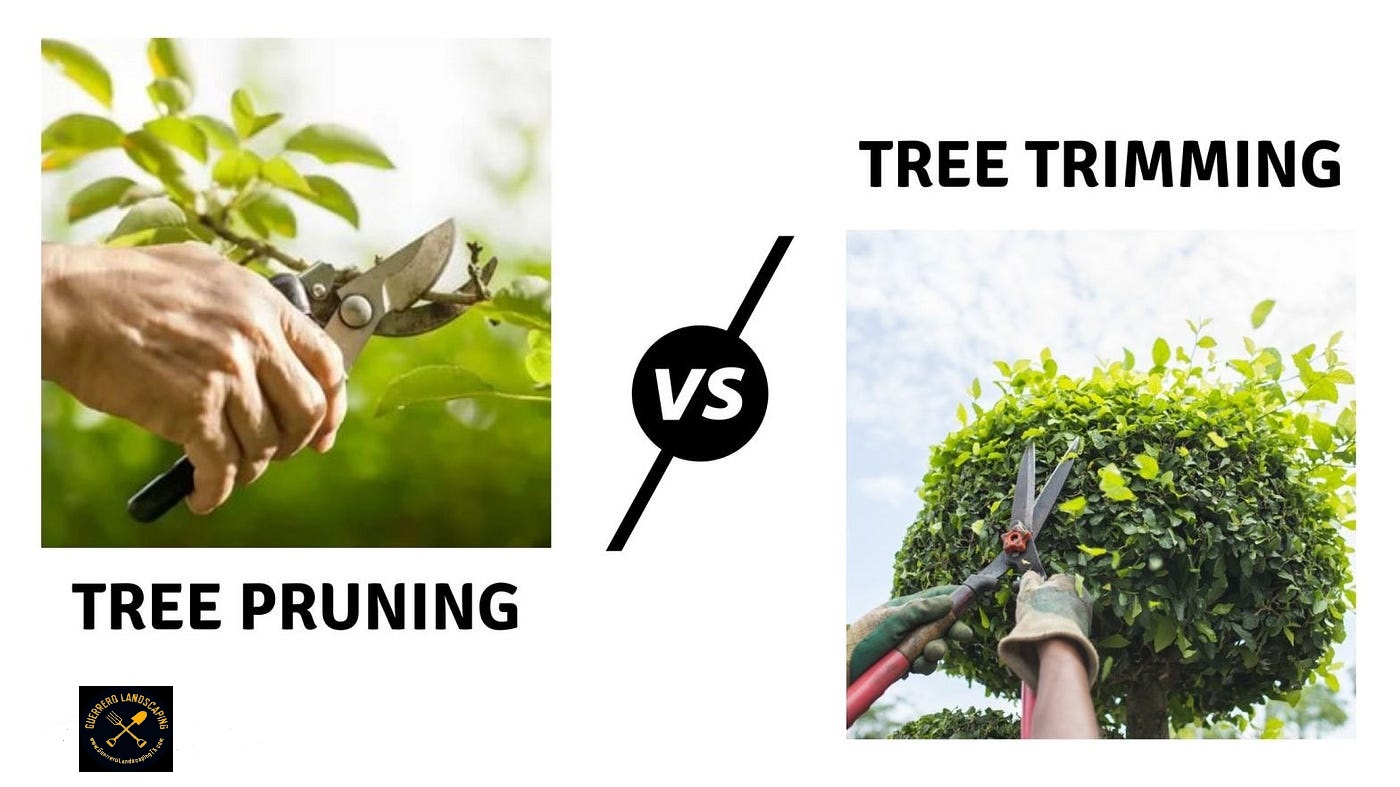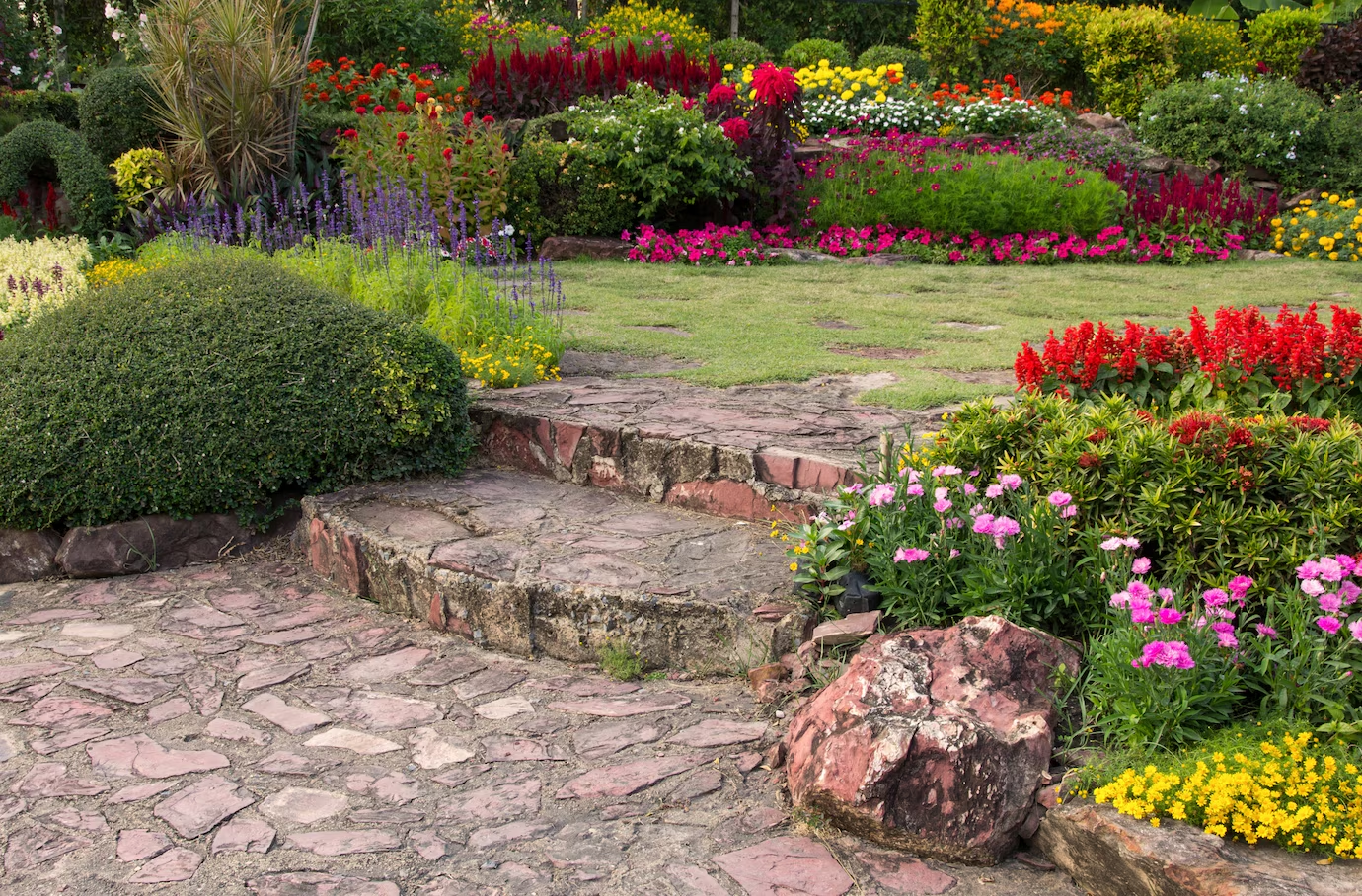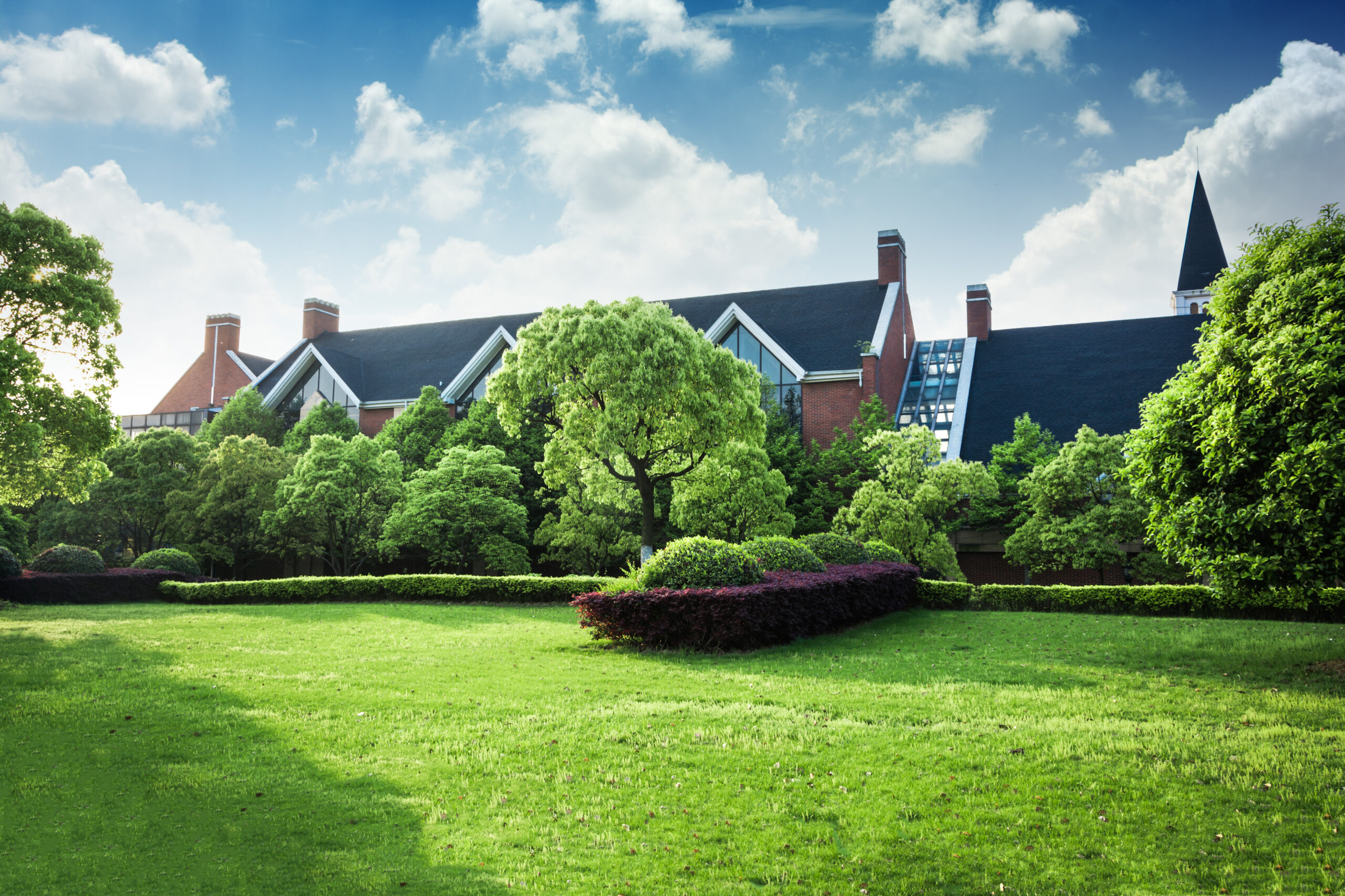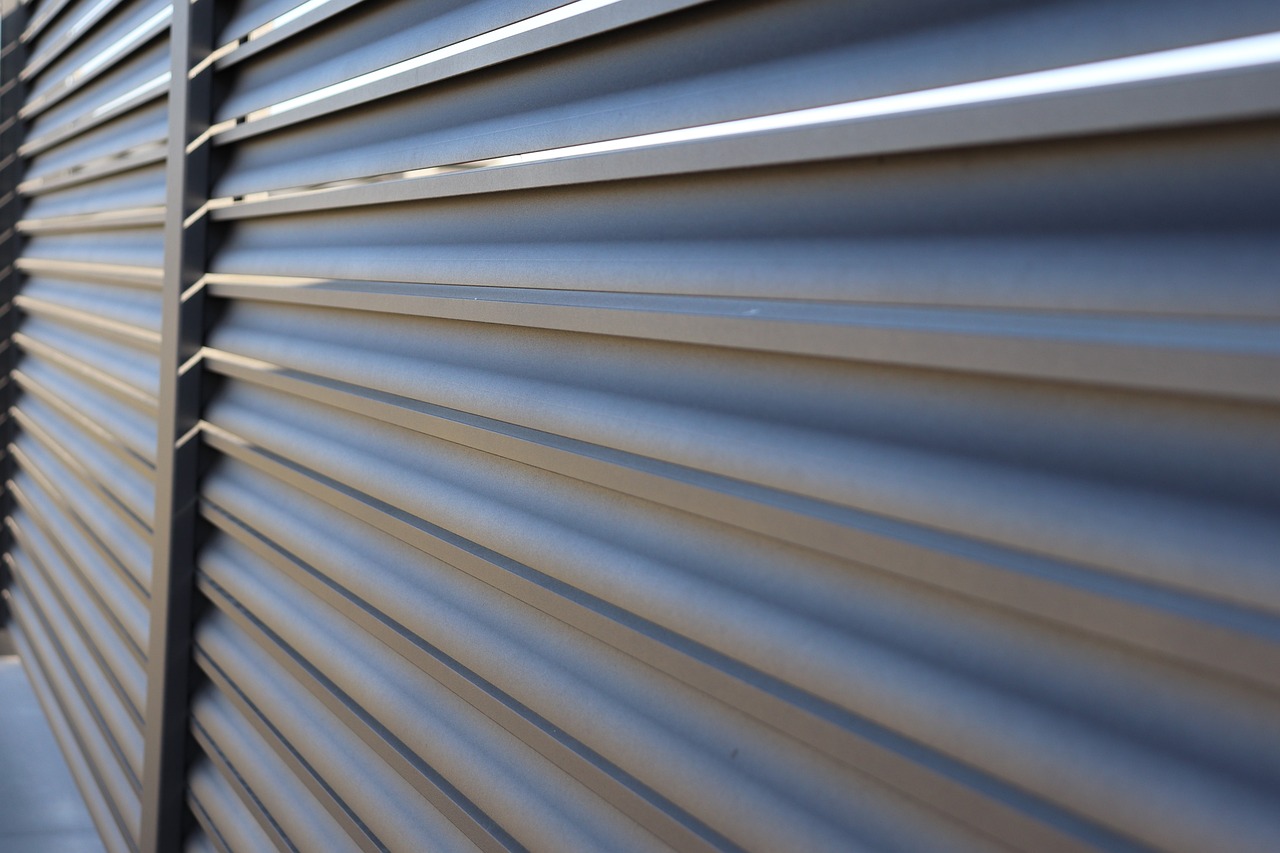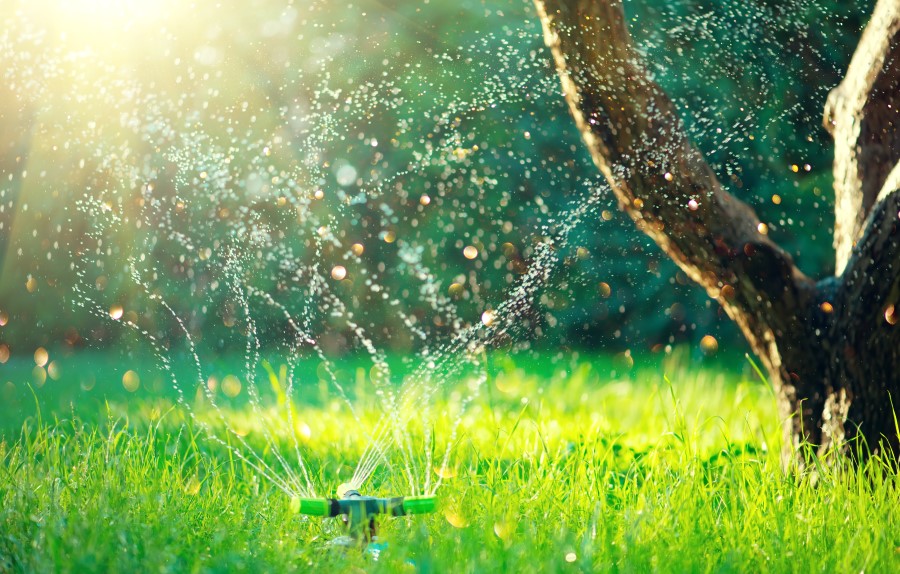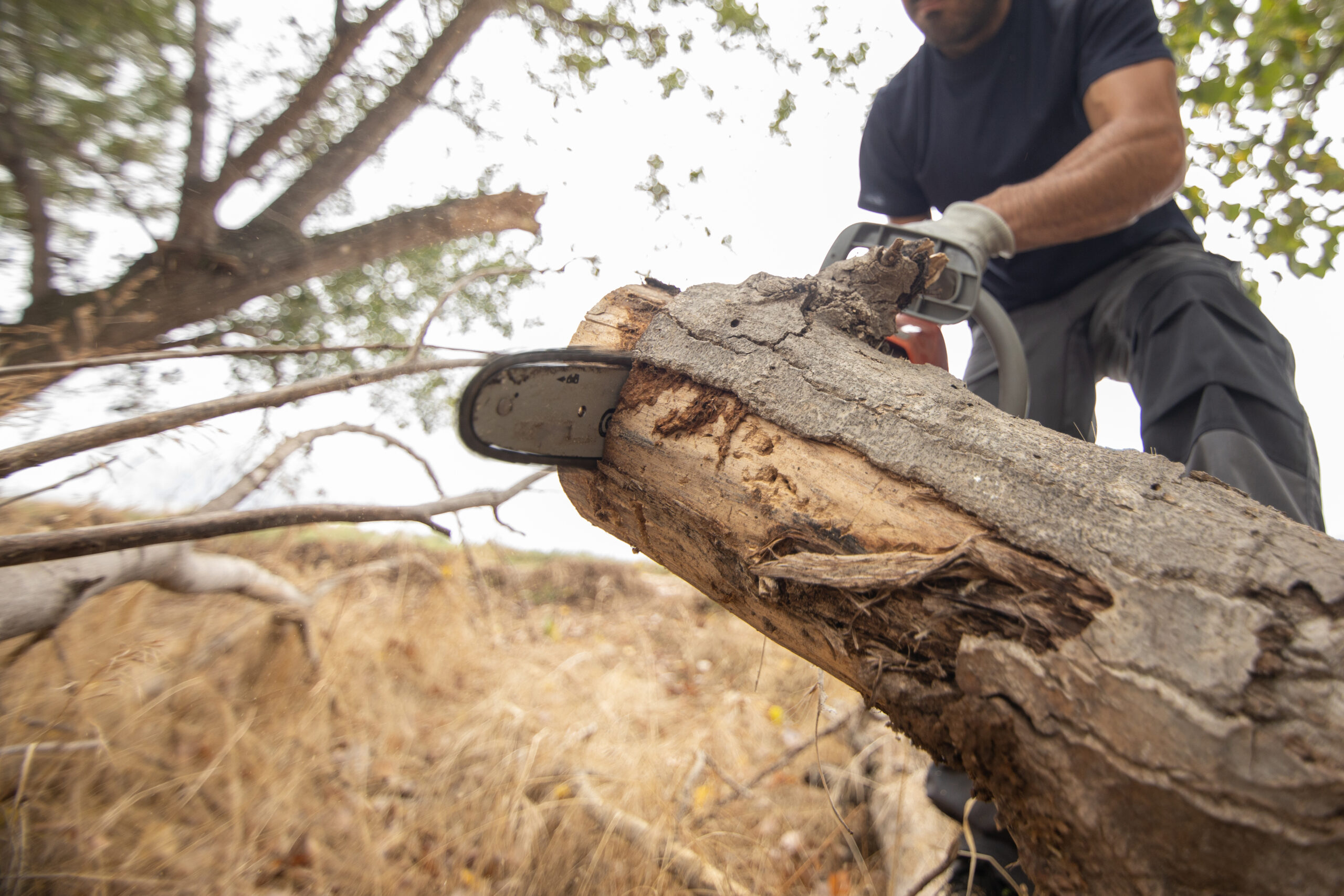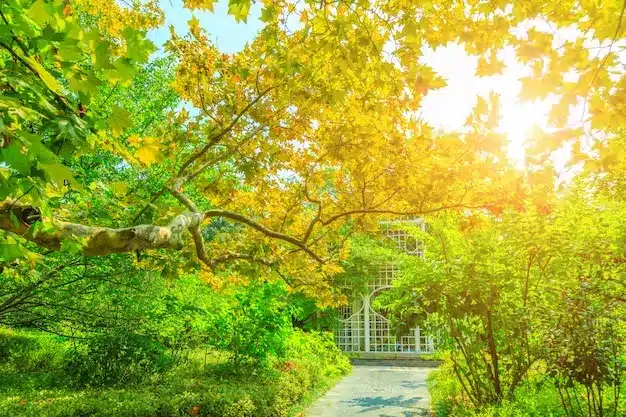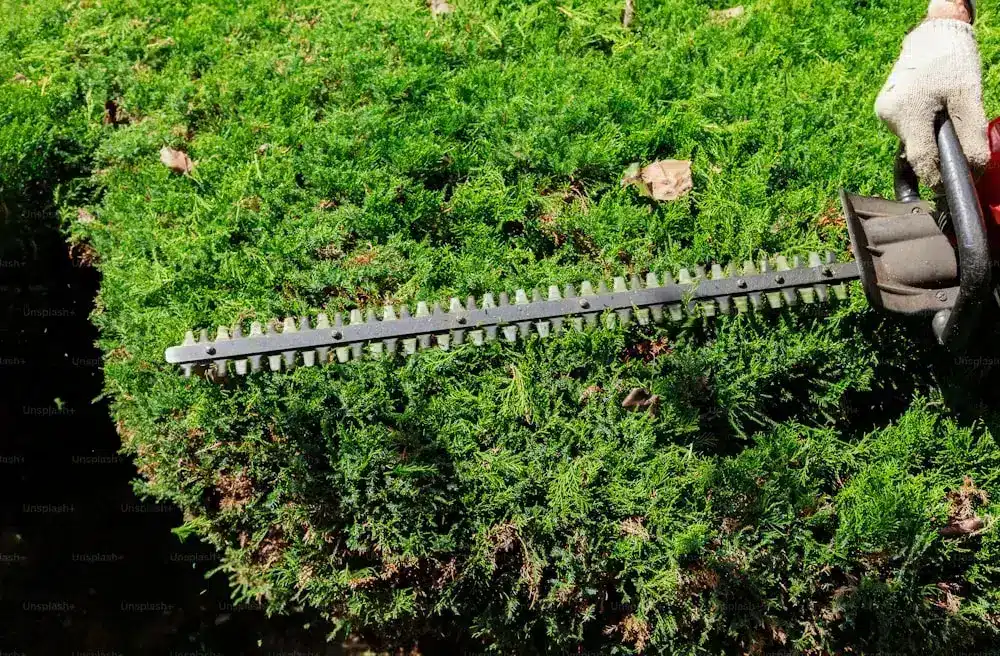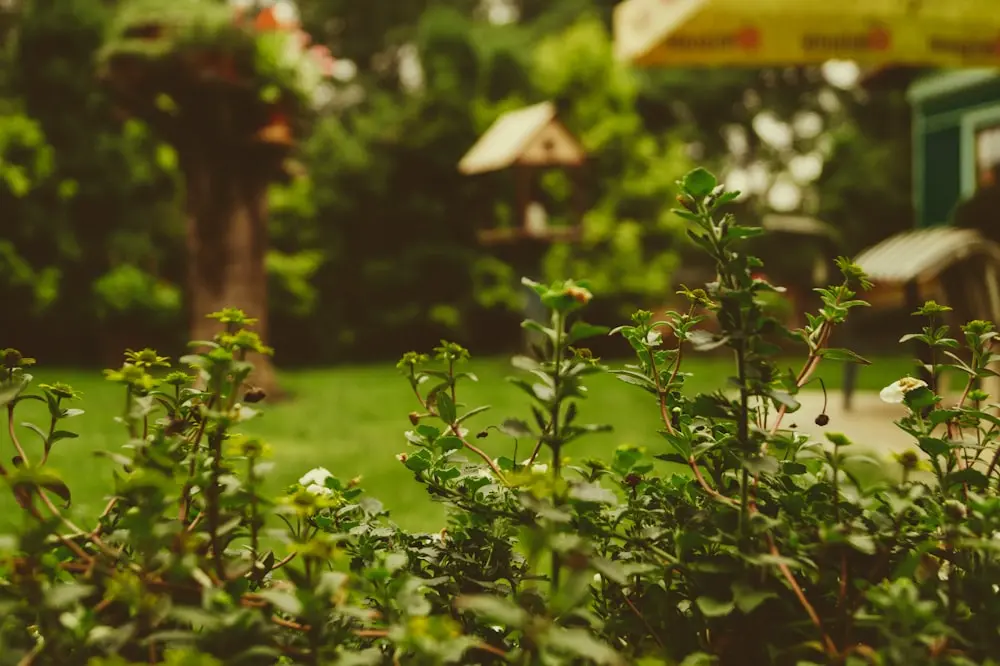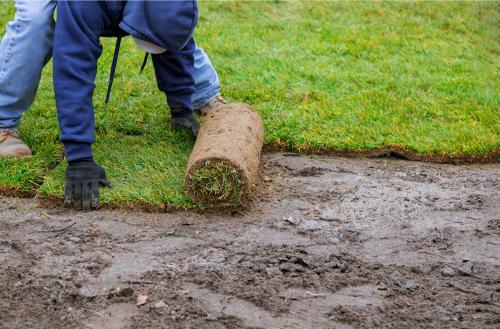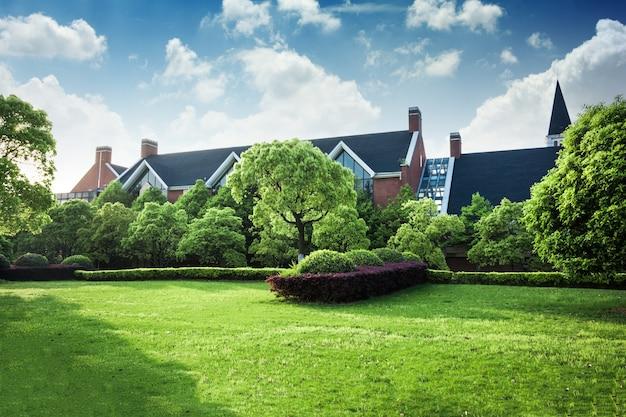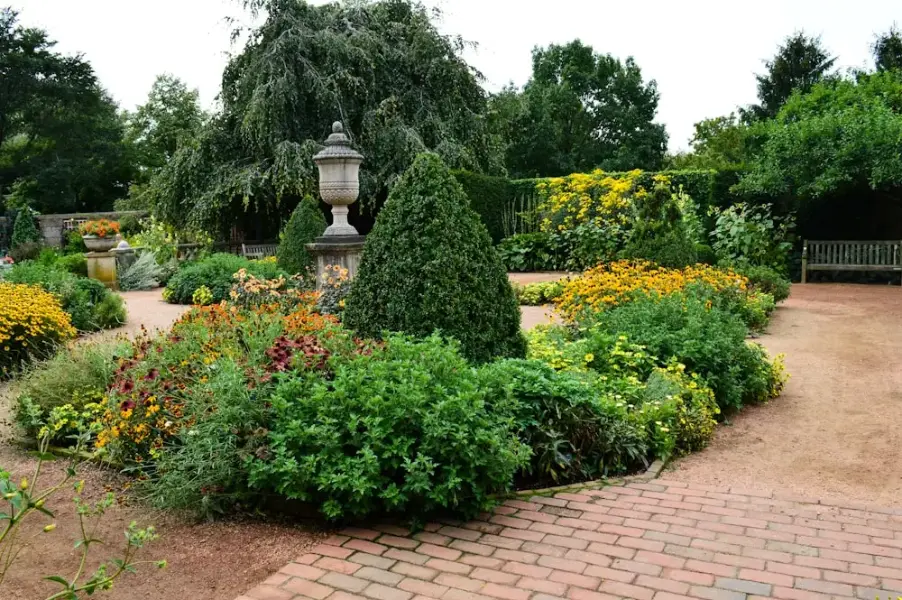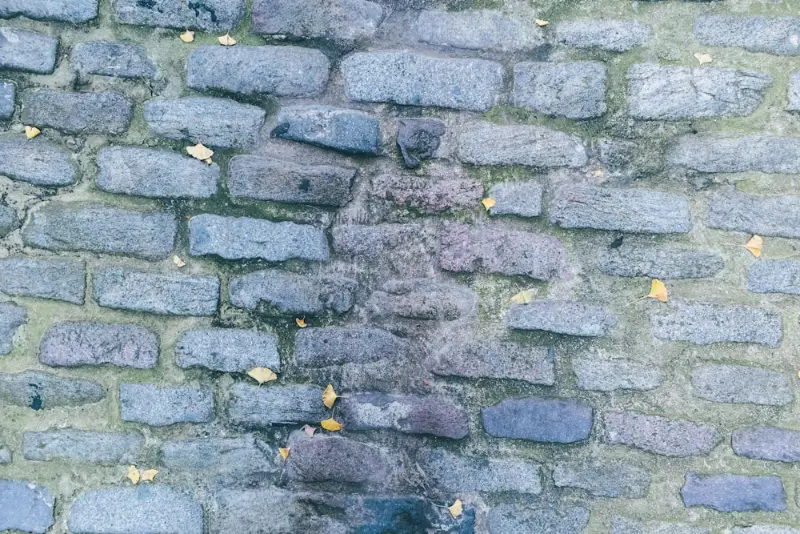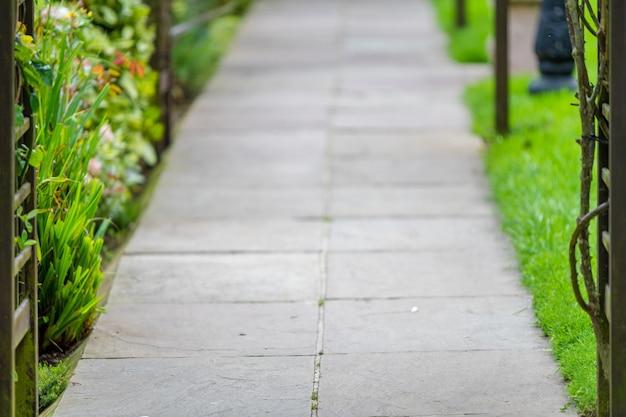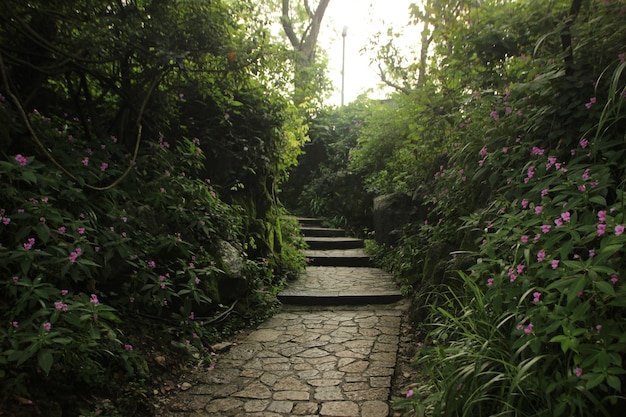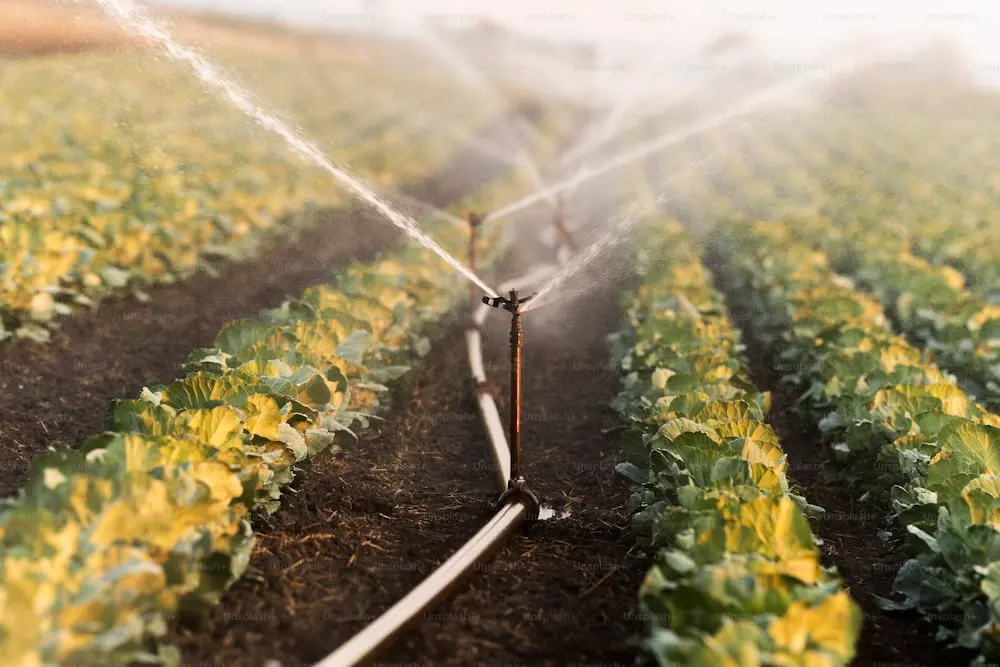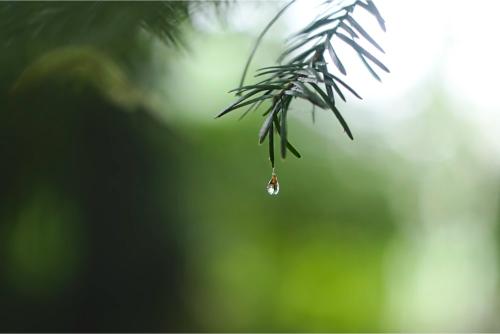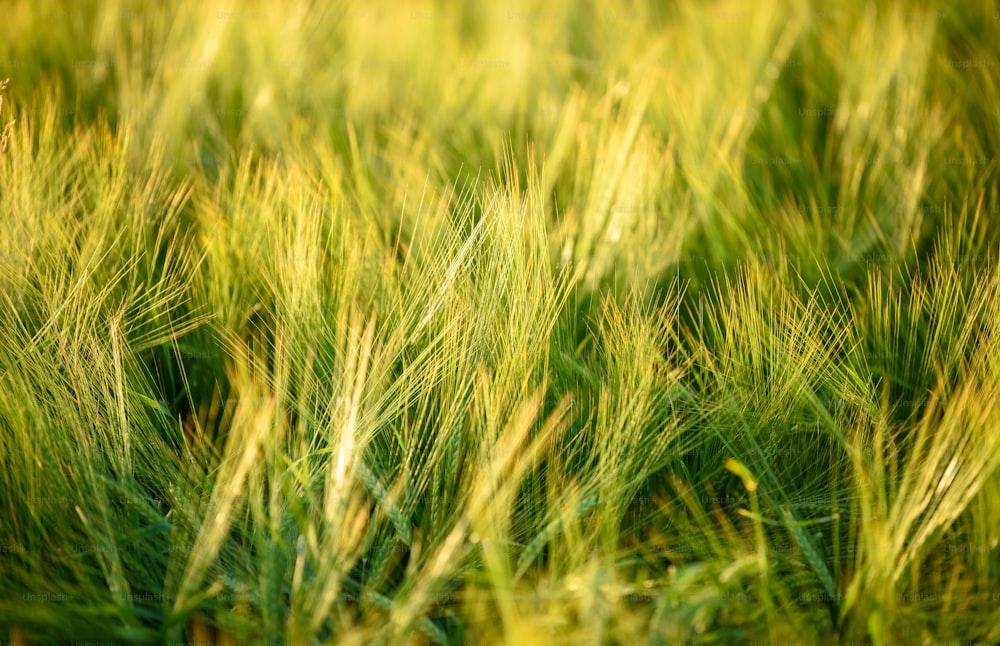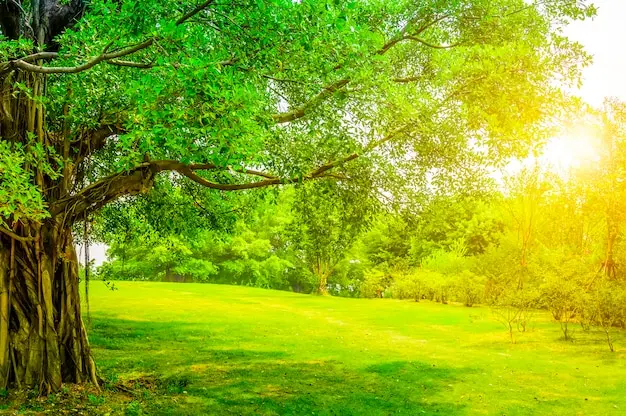
Environmental benefits of lawns
There is. Amidst the urban landscape lies a hidden treasure that has the potential to positively impact the environment – the humble lawn. In this blog, we will delve even deeper into the environmental benefits of responsible lawn care practices.
We will explore the role of lawns in carbon sequestration, air quality improvement, urban heat island mitigation, soil erosion prevention. Also Biodiversity promotion, and water conservation, emphasizing how these green spaces can shape a sustainable future for our city. Take a look:
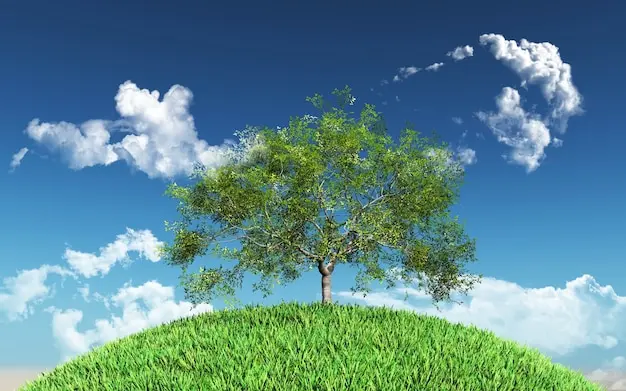
Carbon Sequestration & Air Quality Improvement
As Dallas continues to grow, so does its carbon footprint. The pressing need to combat climate change calls for innovative solutions and well-maintained lawns present a natural remedy. Thriving lawns can act as effective carbon sinks.
Furthermore, the benefits of lawns to the environment extend to improving air quality. Plants can absorb various pollutants, including ozone, sulfur dioxide, and nitrous oxides.
The U.S. Environmental Protection Agency (EPA) recognizes lawns’ vital role in reducing air pollution and fostering cleaner, healthier air for Dallas-Fort Worth residents.
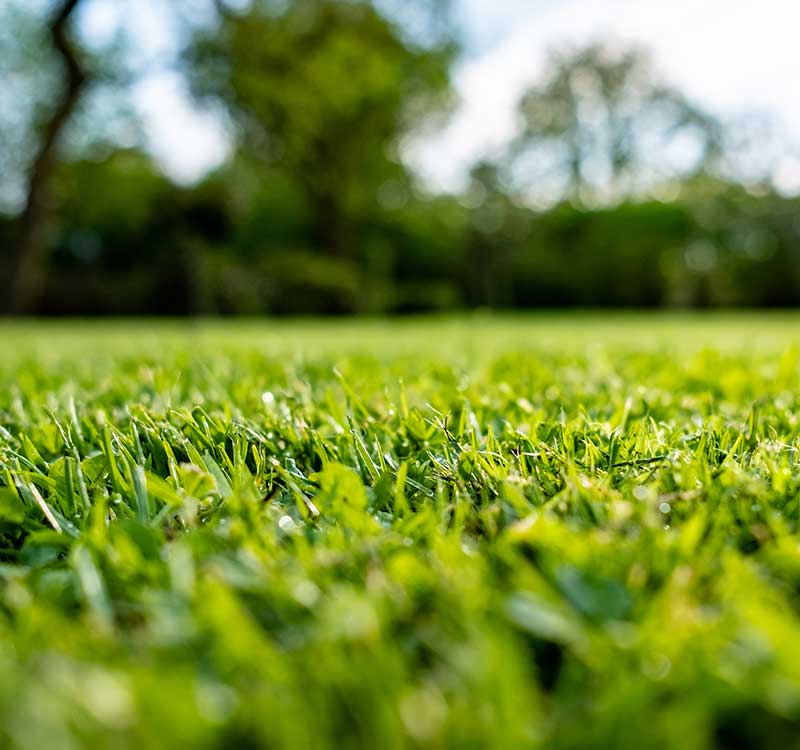
Urban Heat Island Mitigation
As an urban center, Dallas experiences the urban heat island effect, where temperatures soar higher than in surrounding rural areas due to human activities and limited green spaces. In response to this challenge, well-maintained lawns offer a refreshing solution.
The “cooling effect” of grass consists of evapotranspiration, in which lawns release moisture into the air, effectively cooling their surroundings, relieving scorching heat, and promoting a more comfortable living environment.

Soil Erosion Prevention
The dynamic weather patterns in Dallas, characterized by intense storms and flash floods, make soil erosion a significant concern. Soil is a precious and continuously degraded resource. Lawn care benefits for soil preservation and stability cannot be overstated.
Deep-rooted grasses serve as natural barriers against erosion, effectively stabilizing the soil and reducing the risk of sediment runoff into nearby water bodies. A healthy lawn minimizes the likelihood of flooding and safeguards Dallas-Fort Worth’s rivers and lakes’ water quality.
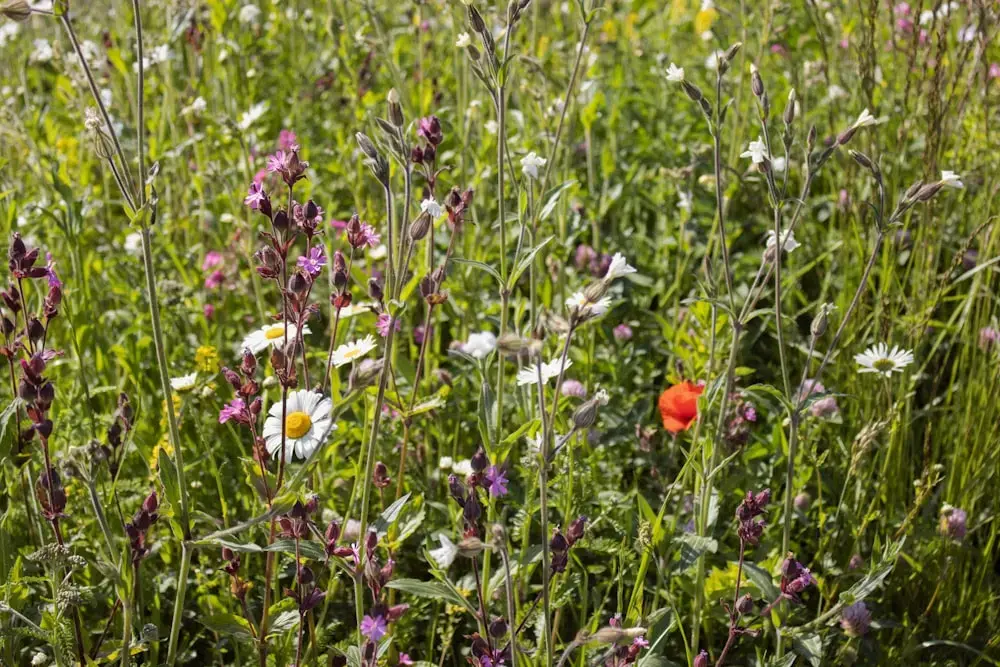
Biodiversity & Wildlife Habitat
The benefits of lawns for biodiversity shouldn’t be underestimated. Contrary to popular belief, well-maintained lawns can support biodiversity and serve as essential wildlife habitats, even within urban areas. The strategic choice of native grass species, coupled with the incorporation of diverse plantings, can attract various pollinators, birds, and beneficial insects.
The National Wildlife Federation promotes the creation of wildlife-friendly lawns, advocating for the inclusion of native plants, provision of shelter, and reduction of pesticide usage. By adopting such practices, Dallas residents can actively contribute to preserving the city’s unique wildlife and ecological balance.
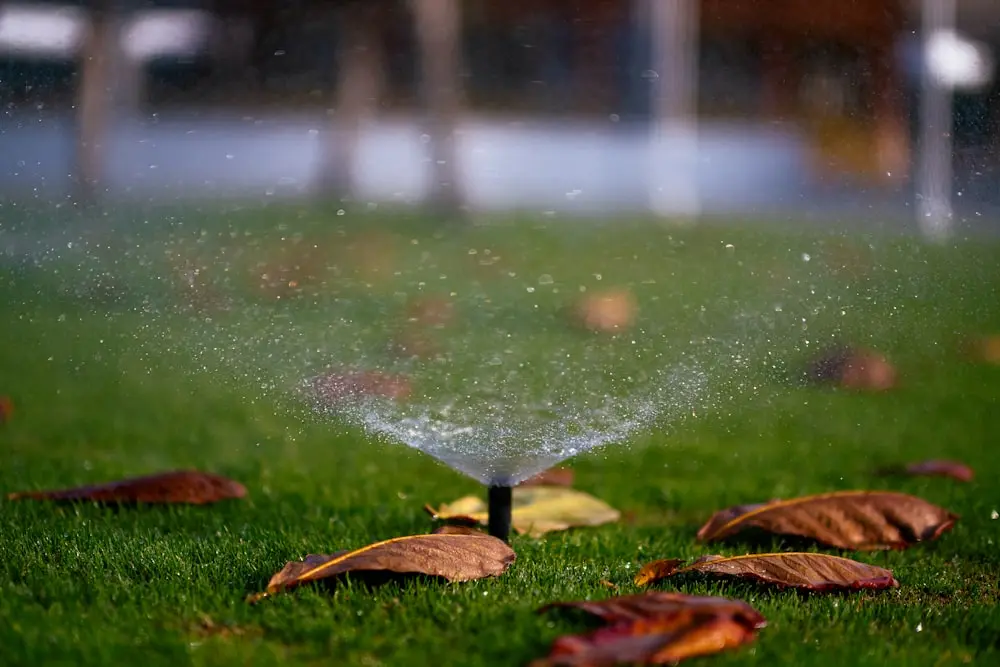
Water Conservation
Dallas-Fort Worth has an arid climate, which necessitates responsible water usage. Water-efficient lawn care practices, such as proper irrigation methods, rainwater harvesting, and xeriscaping, are invaluable in conserving this precious resource.
Following smart watering practices and opting for drought-tolerant grass varieties suitable for the region’s conditions are excellent ways to promote water conservation in your lawn. By adopting these water-wise approaches, Dallas can make significant strides in water conservation without sacrificing the beauty of its landscapes.
Keep a Healthy Lawn for a Healthy Environment!
Following smart watering practices and opting for drought-tolerant grass varieties suitable for the region’s conditions are excellent ways to promote water conservation in your lawn. By adopting these water-wise approaches, Dallas can make significant strides in water conservation without sacrificing the beauty of its landscapes.
By nurturing and preserving these green spaces, Dallas-Fort Worth residents can proactively tackle climate change, enhance air quality, prevent soil erosion, reduce the urban heat island effect, promote biodiversity, and conserve water resources.
If you want to have an environmentally-friendly and healthy lawn, you can keep up with our expert guides and advice on our blog or let us skillfully care for your lawn, as we’ve been doing for over two decades. Contact us today!



